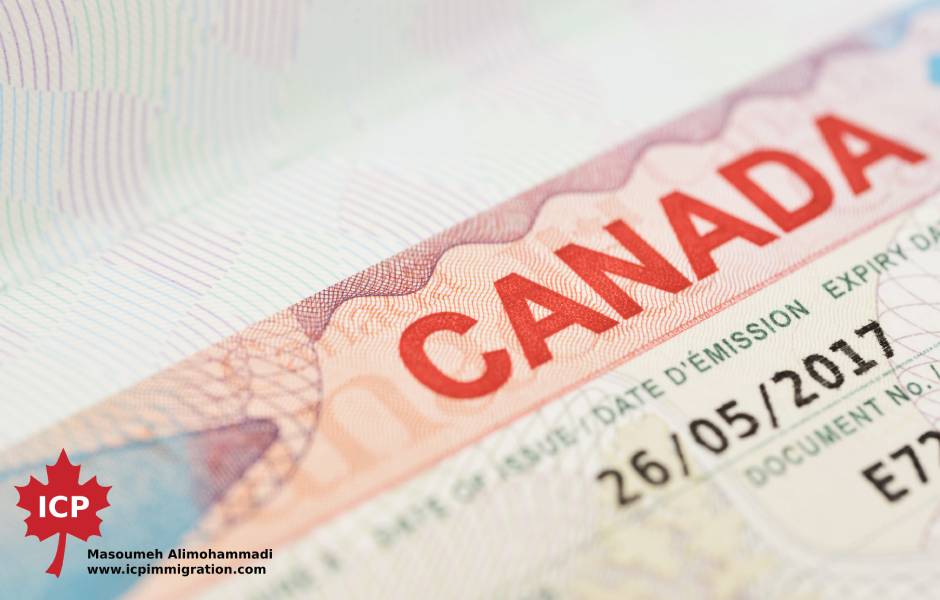Countries around the world have shut their borders, closed their airports, and imposed lockdowns to fight the deadly coronavirus.
Although Canada, too, has implemented such emergency measures.But, it is also seeking to strike a balance between containing COVID-19 while enabling global talent and foreign nationals into the country. This is due to Canada’s recognition that newcomers are part of the solution to supporting its economy during this challenging period, as well as the country’s unwavering commitment to reuniting family members even in the wake of its travel restrictions.
Recognizing that the immigration system would face significant disruptions due to developments that are both within its control as well as beyond its control, Canada has taken additional steps to try to keep its immigration system running as smoothly as possible.
For instance, Canada has stated that no immigration application will be refused due to incomplete documentation. Rather, the federal government will provide applicants with more time to obtain their documents before it makes a decision on their application.
Factors beyond Canada’s control include people overseas facing lockdowns, travel restrictions, service disruptions, and other obstacles that are hindering the ability of foreign nationals to come to Canada or submit a completed immigration application.
Consider that despite all that is happening in the world, Canada continues to hold Express Entry draws .Four Express Entry draws have taken place in the three weeks following the travel restrictions being announced, including two draws on April 9 that saw Canada issue a total of 3,900 invitations to apply for permanent residence.
In addition, British Columbia, Alberta, Saskatchewan, and Manitoba have all had Provincial Nominee Program draws.
Permanent residents outside of Canada are being accommodated in a number of ways. They are still able to travel to Canada. And, those who received a confirmation of permanent residence (COPR) prior to March 16 are also able to come to Canada.
Some international students are exempt from Canada’s travel restrictions, but Canada took a step further recently to try to accommodate even more international students.
The decision to allow some international students to pursue online study and remain eligible for a Post-Graduation Work Permit was a major one. The majority of Canada’s international students are interested in transitioning to permanent residence. Hence, the PGWP is a critical stepping stone in helping them achieve their immigration goal.
Canada recognized it would be unfair to deem students ineligible for the PGWP due to circumstances completely out of the student’s control (that the student was forced to pursue online instructions due to the cancellation of classes to prevent the spread of the coronavirus).
Time will only tell if Canada chooses to take its PGWP flexibility one step further.
If public health officials advise the federal government to extend its coronavirus containment measures, Canada may feel the need to enable the September 2020 cohort of international students to also be able to access online courses while remaining eligible for the PGWP.
This may be necessary anyway, given international students may struggle to find available flights or face other disruptions that could prevent them from being in Canada in time for September 2020 classes.
Temporary foreign workers (TFWs) are largely exempt from the travel restrictions given how important they are to Canada’s economy. Canada has sought ways to make it easier for employers to hire TFWs by loosening Labour Market Impact Assessment rules in priority occupations in the agri-food and transportation sectors. Such flexibility is crucial to helping employers access workers to help sustain Canada’s food supply.
Much of the financial support announced by Canada in recent weeks is available to immigrants who are Canadian citizens or permanent residents, as well as international students and temporary foreign workers. Irrespective of their immigration status, individuals within Canada may be eligible for vital government income support such as Employment Insurance or the new Canadian Emergency Response Benefit.
Here, Canada is telling the world that even if you are not a citizen or permanent resident of our country, we will stand by you to provide you with as much support during this difficult time.We are currently living in an unprecedented moment in history that is taking a significant toll on the emotional, physical, and financial health of us all.
Nevertheless, it is important to remember that we will eventually get through this difficult period and once we get a chance to catch our breath, we will look back at how governments around the world responded to the crisis.
On the immigration front, it is difficult to criticize Canada’s response and it appears very likely that Canada will be lauded for the compassion it has shown to immigrants of all stripes during a period where it is very well within its right to shut down its borders and immigration system.
Immigration has various short-, medium-, and long-term benefits for Canada and a very strong argument can be made that facilitating immigration even during this crisis is necessary.
In the short run, permanent residents, foreign workers, and international students will help to stimulate economic activity in Canada which will help to alleviate the economic strain Canada is currently under.
In the medium- and long-term, immigrants will be key to keeping Canada prosperous since they will spur economic activity as workers, consumers, and taxpayers.




